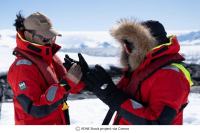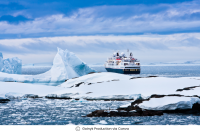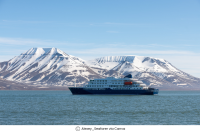-
Why Antarctica Treaty Matters
In the frigid expanse of Antarctica, where the roaring winds of the Drake Passage test the resilience of explorers, a historic agreement known as the Antarctica Treaty was forged in 1959, bringing together nations united in their pursuit of scientific exploration and cooperation. Today, embraced by 56 nations, the Antarctic Treaty stands as a testament to international collaboration and the preservation of Antarctica's unique and fragile ecosystem.
Let’s find out more about this treaty!
Understanding the Antarctica Treaty
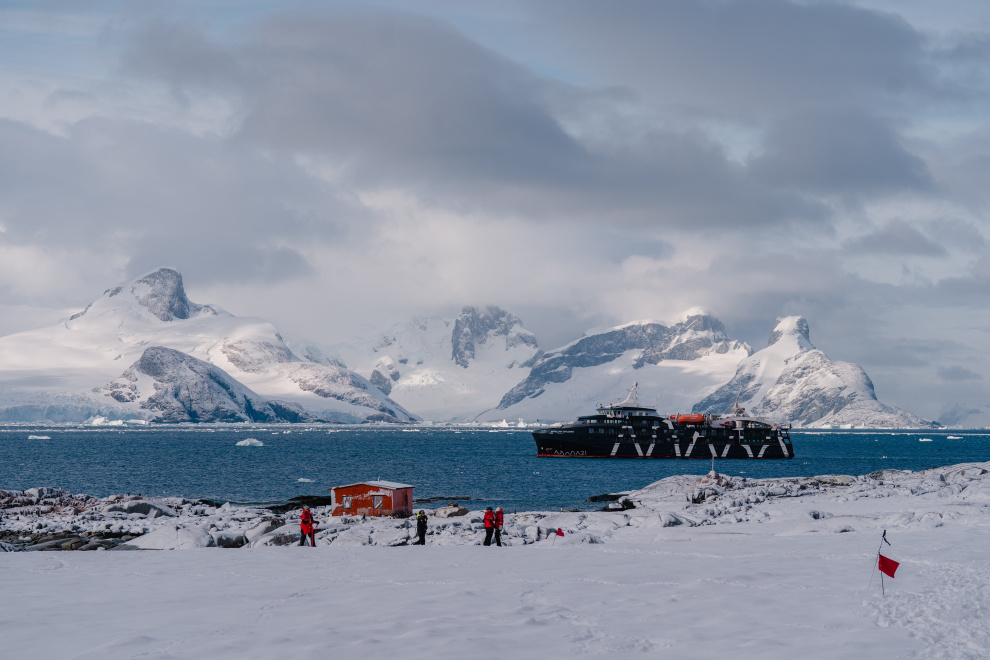
The Treaty was signed by seven countries with territorial claims in Antarctica (Argentina, Australia, Chile, France, New Zealand, Norway, and the United Kingdom), while other countries do not recognize any claims. The United States and Russia maintain a "basis of claim." The Treaty safeguards all positions and maintains the current situation regarding territorial sovereignty in Article IV of the treaty:
- No actions or activities while the Treaty is in effect can be used to assert, support, or deny claims to territorial ownership in Antarctica or establish any rights of sovereignty there.
- No new claims or expansions of existing claims can be made while the Treaty is in effect.
Key points of the Treaty:
- Peaceful Use: Antarctica can only be used for peaceful purposes.
- Scientific Freedom: Scientific research in Antarctica should be free and cooperative.
- Sharing Scientific Results: Observations and findings from scientific research in Antarctica should be shared and made available to everyone.
Environmental Conservation in Antarctica:
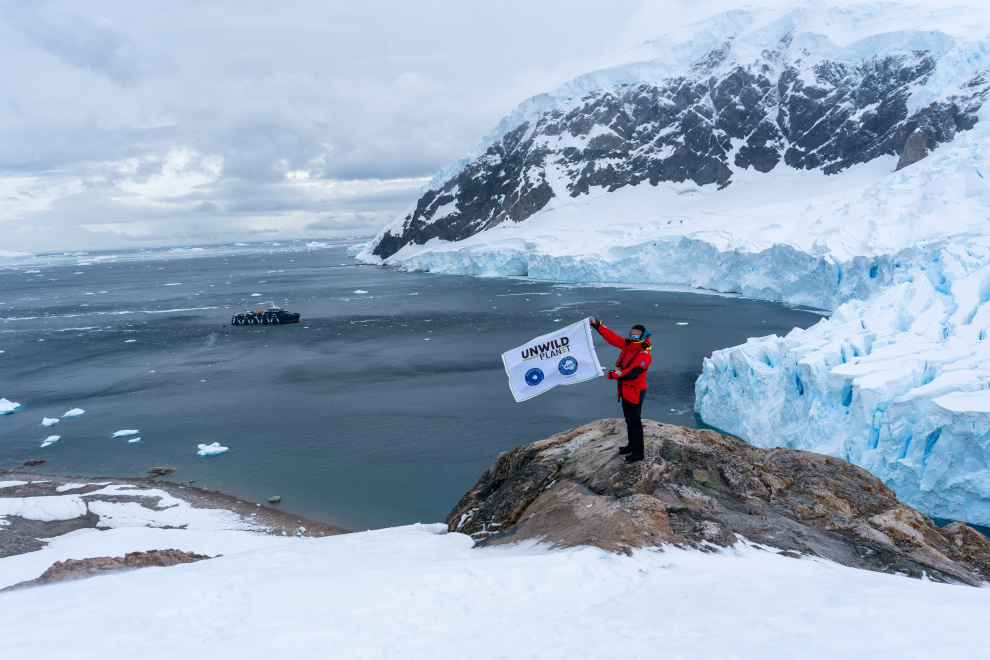
The Environmental Protocol, also known as the "Madrid Protocol", is an important component of the Antarctic Treaty. It was enacted as law in 1998 after being adopted by member countries through their respective legislation. Here are some key points about the Environmental Protocol and its role in protecting Antarctica:
- Visitor Permit System: Only visitors from member nations are allowed to travel to Antarctica, provided they obtain a permit. This helps regulate and control human presence in the region. A maximum of 100 passengers may be ashore from a vessel at any one time, unless site specific advice requires fewer passengers.
- Compliance with Rules and Guidelines: The granting of a permit is contingent upon visitors agreeing to adhere to specific rules and guidelines. These measures ensure the preservation of Antarctica's fragile ecosystem and maintain the principles outlined in the Antarctic Treaty. The Director General of the Environment Agency sets the rules.
- Varying National Rules: While each member nation may have its own set of rules and regulations, they generally align with the overall principles of the Antarctic Treaty. The specific details may differ, but the overarching aim is to protect Antarctica's environment.
The Scientific Committee on Antarctic Research (SCAR)
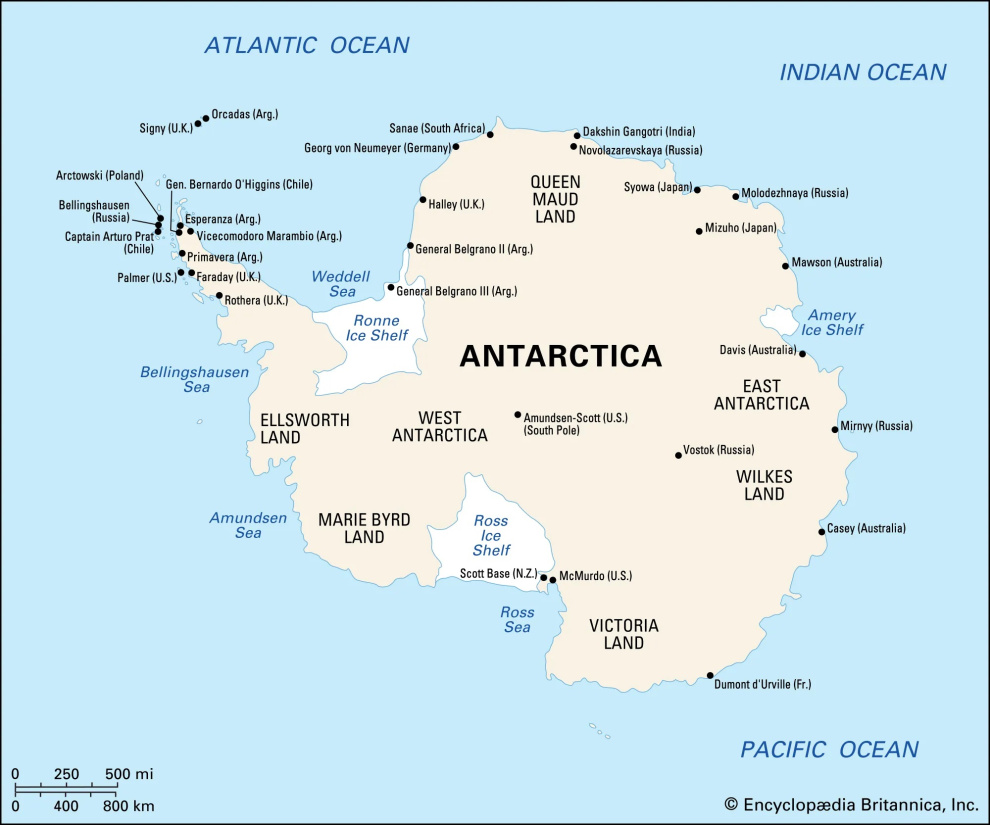
Scientific studies conducted in Antarctica are often unique and cannot be easily replicated elsewhere. They contribute greatly to our understanding of global environmental concerns, including climate change, ozone depletion, and rising sea levels. Additionally, Antarctica serves as a crucial indicator of climate change, acting as a sensitive barometer for monitoring and assessing shifts in our planet's climate patterns. Some significant scientific organizations involved are:
- The Scientific Committee on Antarctic Research (SCAR) was created in 1958 as part of the International Science Council (ISC). SCAR's main role is to coordinate and develop high-quality international scientific research in Antarctica and the Southern Ocean. It also focuses on studying the Antarctic region's role in the Earth's system.
- SCAR provides independent scientific advice to meetings like the Antarctic Treaty Consultative Meetings. It also advises organizations such as the UNFCCC and The Intergovernmental Panel on Climate Change (IPCC) on science and conservation issues.
- The IPCC produces comprehensive Assessment Reports that summarize knowledge on climate change, its impacts, and future risks. These reports offer insights into reducing the rate of climate change. Special Reports are created on specific topics agreed upon by member governments. These reports provide detailed analysis and information on specific aspects of climate change.
- Methodology Reports provide guidelines for preparing greenhouse gas inventories. These reports ensure standardized methods for measuring and reporting emissions.
Why is the treaty important?
The Antarctic Treaty, signed in 1959, has proven to be a successful and unique international agreement. It allows parties to engage in peaceful cooperation and scientific research in Antarctica. The Treaty remains strong and relevant, as no party has called for a review conference in over 30 years. In 1991, on its 30th anniversary, the parties reaffirmed their commitment to maintain and strengthen the Treaty, emphasizing the protection of Antarctica's environment and scientific values.
Through this Treaty, parties have conducted valuable scientific research, contributing to our understanding of the Earth and aiding global environmental protection efforts. Notably, environmental monitoring in Antarctica led to the discovery of the seasonal depletion of atmospheric ozone over the continent.
The Antarctic Treaty System is widely recognized as an exemplar of peaceful cooperation and is considered one of the most successful international agreements. Its commitment and cooperation ensure the ongoing protection of an undisturbed continent, setting a remarkable example for the world.
How UnWild Planet is Rethinking Travel in Antarctica:
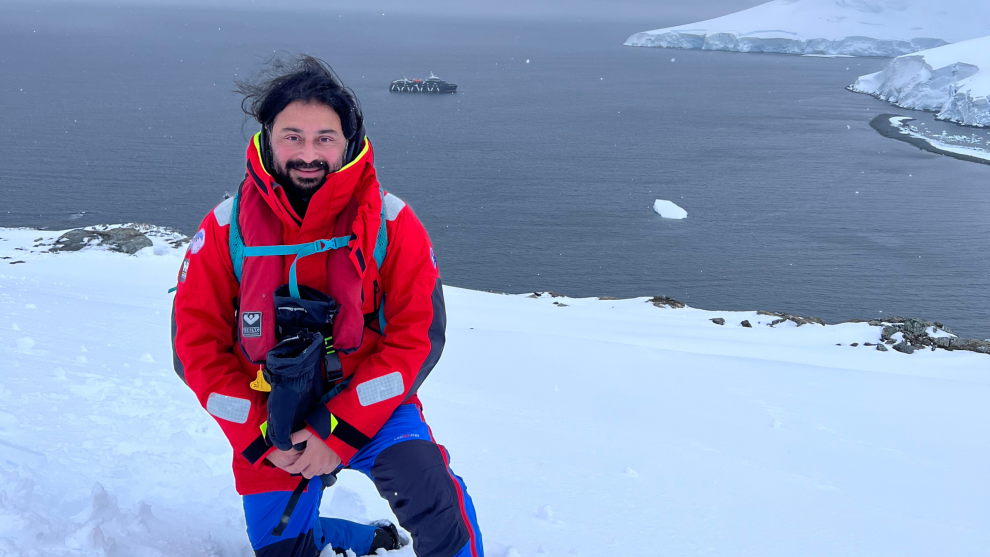
UnWild Planet is the first and only Indian travel company to be an associate member of the International Association of Antarctica Tour Operators (IAATO). IAATO is a non-profit organization founded in 1991 to advocate, promote and practice safe and environmentally responsible private-sector travel to Antarctica. It operates within the Antarctic Treaty Systems that governs activities and protects the environment in Antarctica.
IAATO membership is a rigorous process that requires companies to demonstrate a commitment to sustainability and responsible tourism practices. With only 107 members worldwide, UnWild Planet's association with IAATO reflects the company's commitment to Rethink Travel through its dedication to promoting sustainable tourism practices and protecting the environment over and above its commitment to providing clients with unforgettable travel experiences.
As an associate member of IAATO, UnWild Planet will continue to lead the way in sustainable travel and work with other companies in the industry to promote responsible tourism practices worldwide. The company recently chartered an entire ship for Indian travelers to visit Antarctica with all the requisite protocols in place as mandated by IAATO. The company’s mission was to make each of the participants return home as ambassadors for Antarctica, advocating in their own capacity ways and means to protect this fragile continent.
It is essential to recognize the importance of safeguarding Antarctica as a scientific preserve and promoting peaceful activities on the continent. Learn more about Antarctica’s research stations here! - https://www.unwildplanet.com/blog/a-journey-through-antarctica’s-science-stations
Ready to embark on your next adventure? Fill out the form below and let our experts curate your dream getaway!
All Fields are mandatory*
